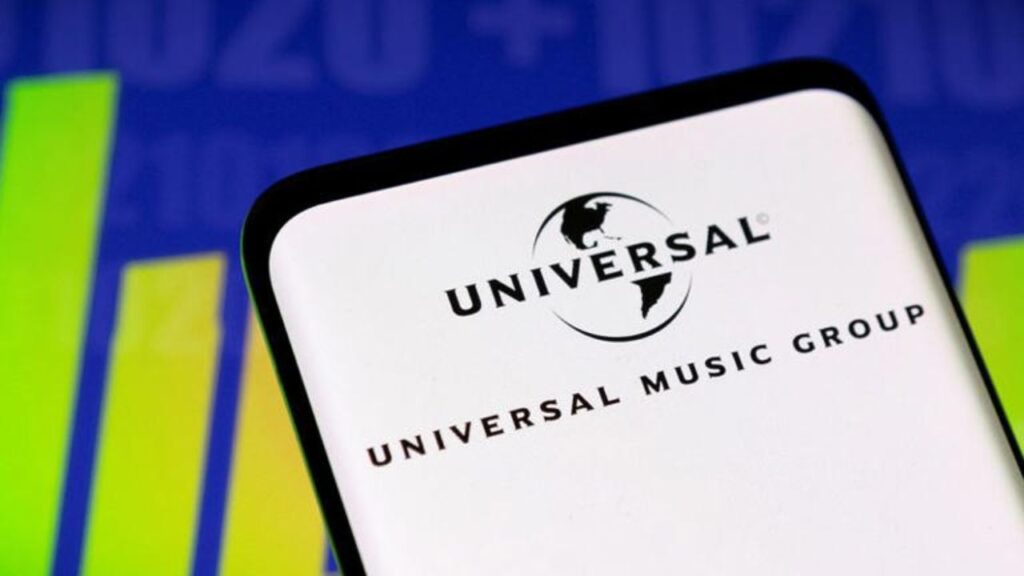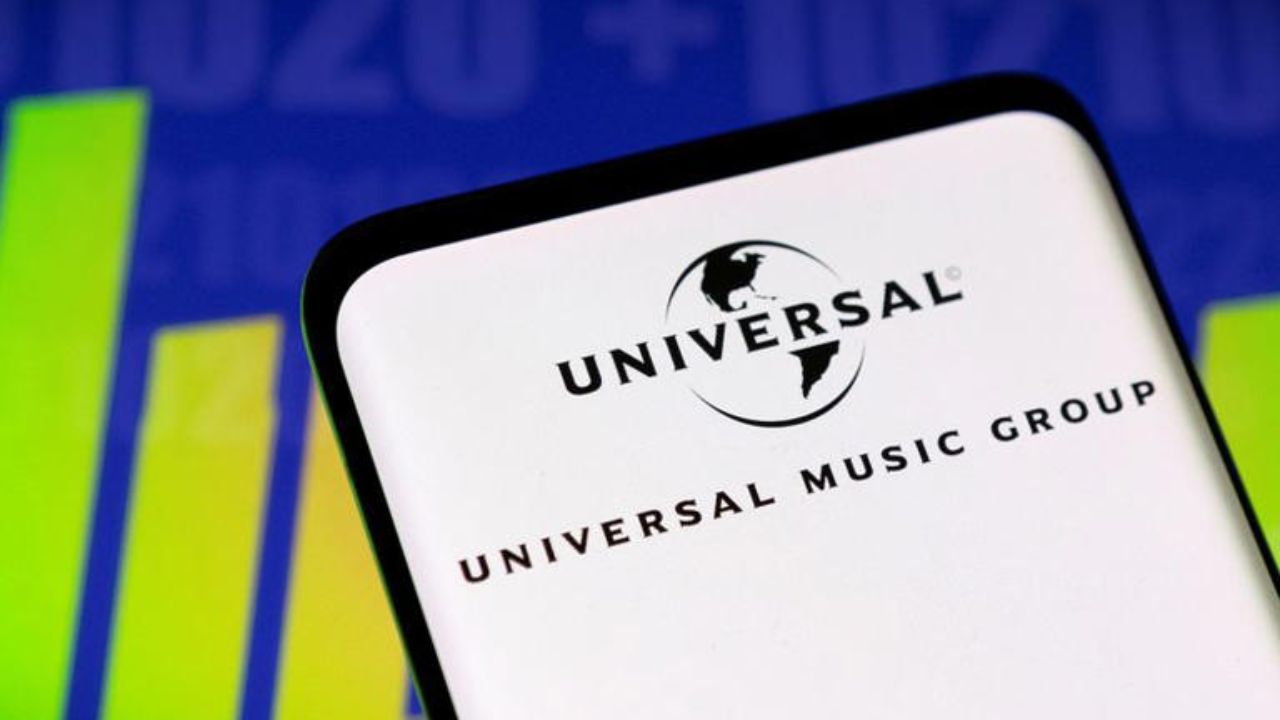Suno AI, Udio AI, copyright infringement, Sony Music lawsuit, Universal Music Group lawsuit, Warner Records lawsuit, AI-generated music, music industry, copyright law, artificial intelligence, music copyright, AI training data, music creation technology
Major music labels Sony Music, Universal Music Group, and Warner Records have sued AI companies Suno and Udio for mass copyright infringement. The lawsuits claim these companies used copyrighted music without permission to train their AI systems, posing a threat to human artists. Discover the implications of this legal battle on the future of AI and music.

Major Music Labels Sue AI Companies Suno and Udio for Copyright Infringement
On Monday, major record labels Sony Music, Universal Music Group, and Warner Records filed lawsuits against artificial intelligence companies Suno and Udio, accusing them of mass copyright infringement. The lawsuits, filed in federal courts in New York and Massachusetts, claim that these AI companies used the labels’ recordings without permission to train music-generating AI systems. The labels argue that this unauthorized use will ultimately harm human artists by creating AI-generated music that competes directly with their work.
The Allegations
According to the complaints, Suno and Udio allegedly copied music owned by the labels to teach their AI systems how to generate new music. This act of using copyrighted material without obtaining proper licenses is at the heart of the lawsuits. The music labels assert that the AI-generated music produced by these companies will not only compete with but also devalue the work of human musicians.
The labels further claim that Suno and Udio’s actions could “directly compete with, cheapen, and ultimately drown out” the work of human artists. This concern is rooted in the potential for AI-generated music to flood the market, making it harder for original human-created music to stand out and gain recognition.
The Legal Landscape
These lawsuits represent a significant development in the ongoing tension between the music industry and artificial intelligence technology. As AI continues to evolve and integrate into various sectors, its impact on creative industries like music has become a contentious issue. The core of the legal battle lies in the interpretation of copyright laws in the context of AI-generated content.
Copyright law traditionally protects the rights of creators by preventing unauthorized use of their works. However, the advent of AI technology has introduced new complexities, as these systems often rely on vast amounts of data, including copyrighted material, to learn and generate new content. The lawsuits against Suno and Udio will test how existing copyright laws apply to these new technologies and could set important precedents for future cases.
The Stakes for the Music Industry
For the music industry, the outcome of these lawsuits could have far-reaching implications. If the courts side with the record labels, it could establish stricter regulations on how AI companies can use copyrighted material. This could lead to new licensing frameworks specifically designed for AI training purposes, ensuring that rights holders are compensated for the use of their works.
On the other hand, if the courts rule in favor of Suno and Udio, it could open the door for more widespread use of copyrighted material in AI training without the need for licensing. This scenario could accelerate the development of AI-generated music and increase competition for human artists.
Industry Reactions
The lawsuits have already sparked reactions from various stakeholders within the music industry. Artists, songwriters, and producers have expressed support for the record labels’ actions, viewing them as necessary steps to protect their livelihoods. Many fear that unchecked use of AI technology could undermine their creative contributions and financial stability.
Conversely, some proponents of AI technology argue that these advancements can coexist with human creativity and even enhance it. They believe that AI-generated music can offer new opportunities for collaboration and innovation, benefiting both the technology and creative communities.
The Role of AI in Music Creation
AI technology has been making significant strides in the field of music creation. AI systems can analyze vast amounts of musical data to generate new compositions, often mimicking the style and structure of existing works. These systems can also assist human musicians by suggesting melodies, harmonies, and rhythms, thereby acting as creative tools rather than replacements.
However, the use of copyrighted material in training these systems has become a contentious issue. While AI can generate impressive musical pieces, the reliance on copyrighted works for training raises ethical and legal questions about authorship and intellectual property rights.
The Future of AI and Music
As the legal battle unfolds, the music industry and AI companies alike are closely monitoring the developments. The outcome of these lawsuits could shape the future relationship between technology and creativity, influencing how AI systems are developed, trained, and utilized in creative fields.
For AI companies, establishing clear guidelines and obtaining proper licenses for training data could become a standard practice. This would not only protect them from legal challenges but also foster a more collaborative relationship with the creative industries.
For the music industry, embracing AI technology while protecting the rights of artists will be crucial. Finding a balance between innovation and safeguarding intellectual property will be key to ensuring that both human and AI-generated music can thrive.
Conclusion
The lawsuits filed by Sony Music, Universal Music Group, and Warner Records against AI companies Suno and Udio mark a pivotal moment in the intersection of technology and creativity. As the courts deliberate on the allegations of copyright infringement, the outcomes will have significant implications for the music industry and the future of AI-generated content.
The resolution of these cases will likely influence how AI technology is integrated into creative processes and how copyright laws adapt to address the challenges posed by these advancements. Whether through new licensing frameworks or legal precedents, the music industry and AI companies must navigate this complex landscape to ensure that innovation and creativity can coexist harmoniously.
In the end, the goal should be to protect the rights of creators while embracing the potential of AI to enhance and expand the boundaries of artistic expression. As this legal battle unfolds, it will serve as a crucial test for the evolving relationship between technology and the arts.
Read More
